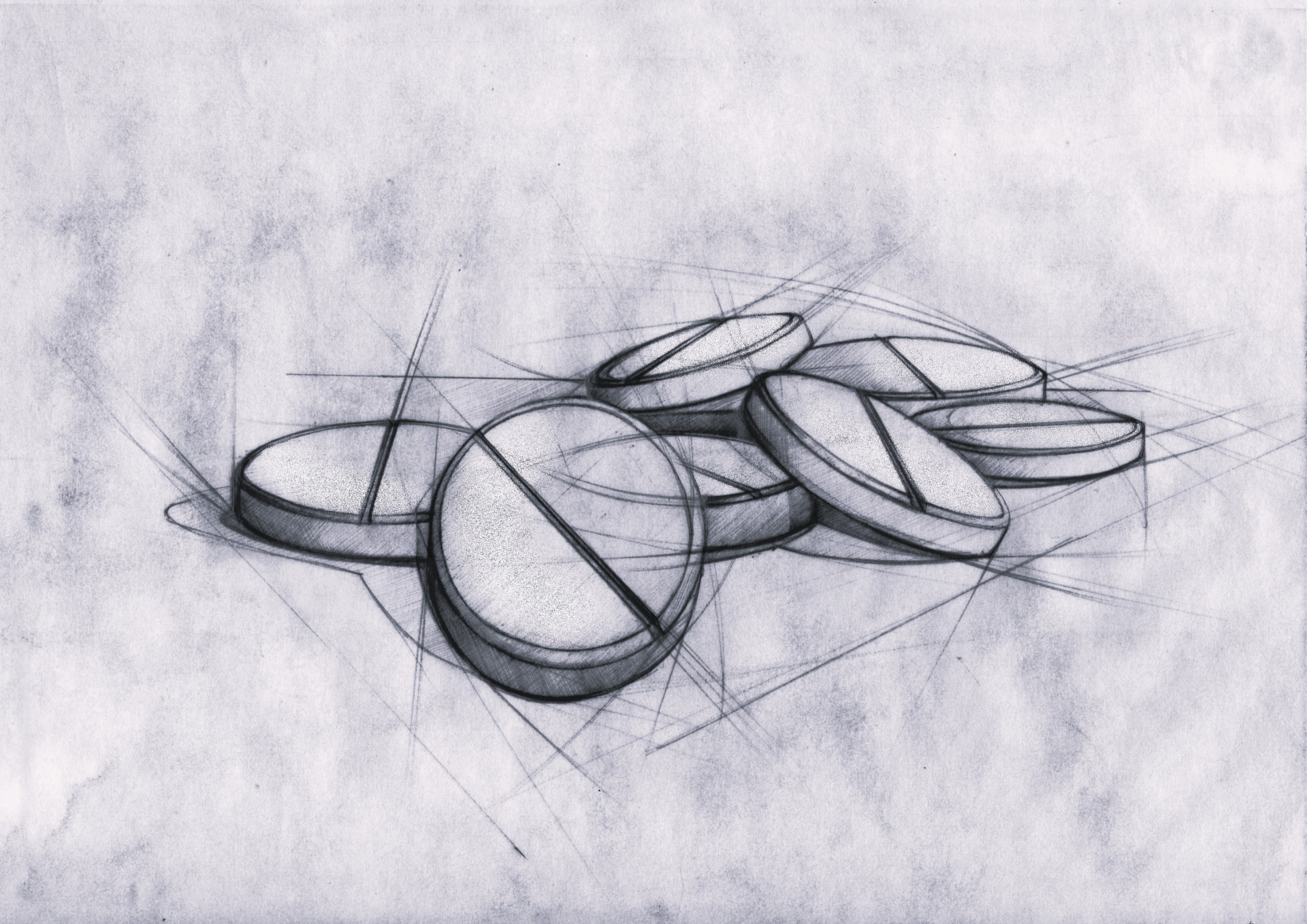Farmakológia a toxikológia
The study of drug action
- Physiology – the study of the functioning of living organisms and the organs and parts of living organisms
- Pharmaceutical science
- Toxicology – the nature, effects, and detection of poisons
- Anatomy – study of form and function, in plants, animals, and other organisms, or specifically in humans
- Pathology - the study of the causes and effects of disease or injury
- Oncology - diagnosis, therapy, cure and rehabilitation of various forms of cancers, including palliative care and rehabilitation of patients affected with cancer.
- Neuroscience – the study of the nervous system
- Cardiovasculare - understanding of the scientific basis of cardiovascular disease and how this relates to diagnosis and treatment
- Biomedical science – healthcare science, also known as biomedical science, is a set of applied sciences applying portions of natural science or formal science, or both, to develop knowledge, interventions, or technology of use in healthcare or public health. Such disciplines as medical microbiology, clinical virology, clinical epidemiology, genetic epidemiology and pathophysiology are medical sciences.
- Immunotherapy – treatment of disease by inducing, enhancing, or suppressing an immune response. Immunotherapies designed to elicit or amplify an immune response are classified as activation immunotherapies, while immunotherapies that reduce or suppress are classified as suppression immunotherapies.
